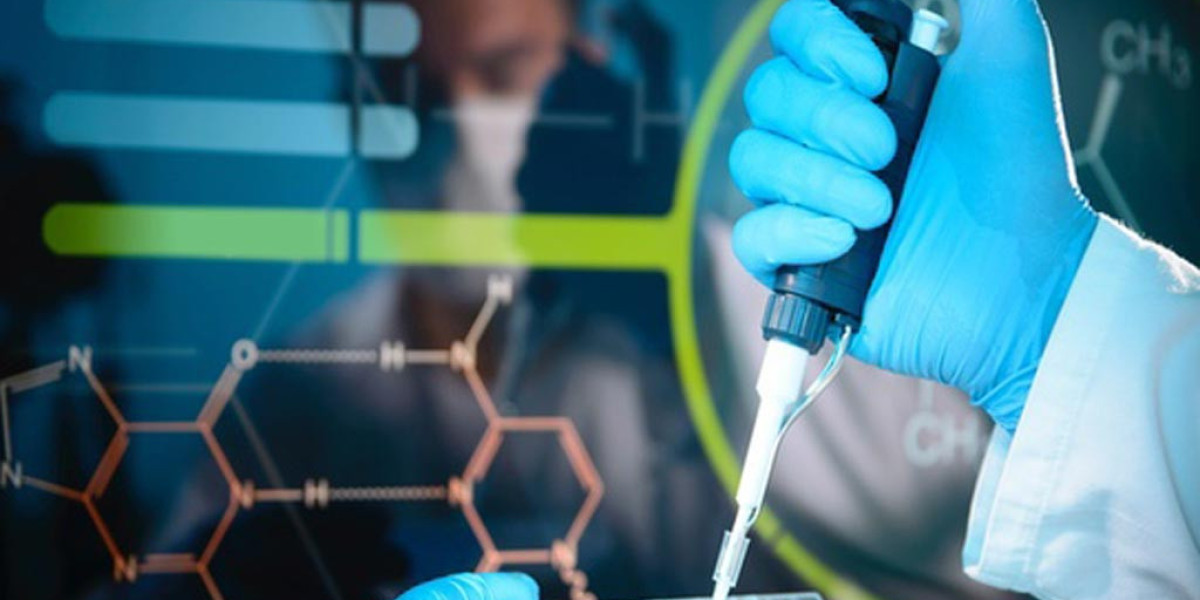Molecular diagnostics refers to medical tests that analyze biological markers or molecules in the body, such as DNA, RNA, proteins, or metabolites. These biomarkers help identify disease processes and determine the risks of disease development. Molecular diagnostics allow for early and precise detection of diseases by examining biological material at the molecular level rather than just evaluating physical symptoms or clinical signs. Some common techniques used in diagnostics include polymerase chain reaction (PCR), sequencing, microarrays, and immunoassays.
Advantages of Molecular Diagnostics
Molecular Diagnostics provide numerous advantages over conventional medical testing methods:
Sensitivity - Molecular tests can detect even tiny amounts of biomarkers not detectable by older diagnostic methods. This results in earlier detection when treatment is most likely to be effective. For example, PCR tests for HIV RNA can detect infection within 9-11 days after exposure compared to 20-40 days for conventional antibody-based tests.
Specificity - Molecular biomarkers are more disease-specific than broader indicators like symptoms or imaging results. This improves diagnostic accuracy and rules out incorrect diagnoses. For instance, molecular tests can distinguish between different subtypes of cancers to guide optimal treatment decisions.
Speed - Molecular assays are often faster than culture-based tests. Rapid PCR tests can provide results within hours compared to days for cultures. Timely diagnostics allow prompt initiation of appropriate therapy.
Automation - Many molecular techniques are suitable for automation, leading to high throughput and efficient mass screening. This improves productivity, reduces labor costs, and scales diagnostics to meet growing demands.
Minimally invasive - Molecular tests can analyze biomarkers from small volumes of body fluids like blood or urine rather than invasive tissue biopsies in some cases. This enhances patient convenience, safety, and compliance.
Get more insights on - Molecular Diagnostics








